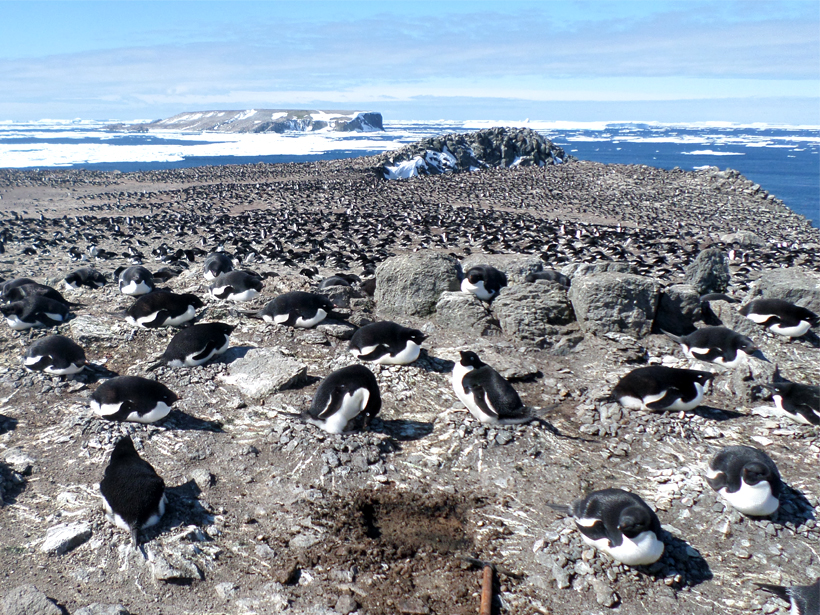Admit it: When your nose starts to run and your eyes itch, you search Google, too.
News
Sen. Murkowski Warns About the Impact of Climate Change
The senator from Alaska says the impact of climate change in her state “is real, it is happening, it is now, and almost none of these changes are for the better for us.”
Healing Power of Clay? Not as Off-the-Wall as You Might Think
An ancient folk remedy, blue-green iron-rich clay, kills antibiotic-resistant bacteria using a one-two punch, a new study shows.
Arctic Undergoing Most Unprecedented Transition in Human History
The Arctic Report Card, released by the National Oceanic and Atmospheric Administration, outlines vast changes taking place in the Arctic region. Here are some major findings.
Ocean Science Decade Comes at Time of Precarious Decline
The UN-endorsed decade from 2021 to 2030 promises to advance ocean science and sustainable use of the oceans and reverse the decline in the health of the oceans.
Meet IceWorm: NASA’s New Ice-Climbing Robot
A robot that can inch up icy surfaces may help scientists reach new heights in some of Earth’s most dangerous and remote landscapes.
Penguin Poop Keeps a Record of Antarctic Glaciation
Scientists are digging up Adélie penguin guano to study millennia of Antarctica’s history.
Leading Congress Member Promises Renewed Focus on Climate Change
In a statement issued at AGU’s Fall Meeting 2018, House Science Committee ranking member Rep. Eddie Bernice Johnson says that “it is time to stand up for science.”
Extinct Megatoothed Shark May Have Been Warm-Blooded
Preliminary results from a recent study may begin to shed light on why megalodons died out before the most recent ice age.
Neanderthals Likely Ate Rotten Meat
Neanderthals have long been painted as meat-eating machines. But could a new look at a dietary proxy and how it changes when meat rots uncover insights into what these extinct hominids really ate?










